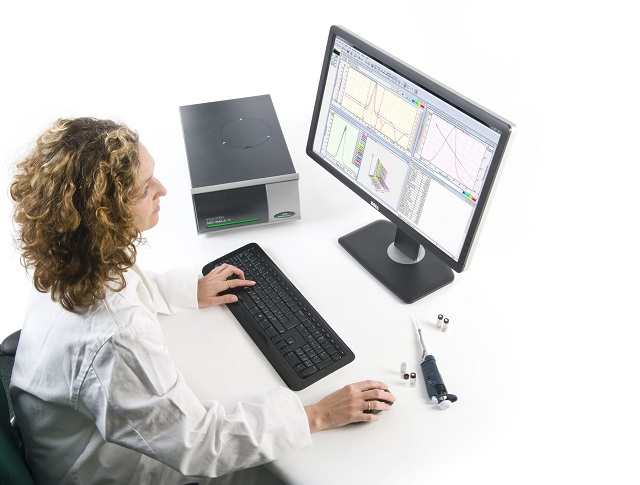
Researchers at the University of Lethbridge, Alberta, Canada, are using Viscotek multi-detector Gel Permeation/Size Exclusion Chromatography (GPC/SEC) (Malvern Panalytical, UK) to analyze performance defining polymer features in the development of novel polymer coatings for metal nanoparticles.
Multi-detection GPC/SEC helps us to monitor and control reaction conditions to engineer advanced polymer coatings which stabilize nanoparticle suspensions to ease their handling and preserve their industrial value.
Dr. Farhad Faghihi, Research Associate, University of Lethbridge
“GPC/SEC is the only technique that we have to determine molecular weight and molecular weight distribution with the speed and accuracy needed and is extremely valuable for our research”.
Viscotek GPC/SEC enables the direct measurement of properties that define polymer performance, such as molecular weight, which is allowing researchers to develop advanced polymer coatings with built in functionality.
“The fundamental aim of our research is to develop new block co-polymers which limit the aggregation of nanoparticles within dispersions”, said Dr. Faghihi.
“However, beyond stabilization we are also working to develop smart polymer coatings which augment the performance characteristics of the nanoparticles. Polymers that are sensitive to environmental changes in pH, temperature or light, for example, are being used to develop polymer-nanoparticle systems which activate under specific situations. These include diagnostic biomedical materials that respond to cancer biomarkers or high performance energy capture and storage systems for solar panels”.
The Viscotek GPC/SEC system currently employed at the University of Lethbridge incorporates refractive index (RI), light scattering, ultra violet (UV) detectors and a viscometer.
These combine to deliver comprehensive polymer characterization, measuring absolute molecular weight and molecular weight distribution without external calibration, and offering insight into structural features of the polymer chain, such as the degree of branching.
The UV detector enables quantification of the amount of each monomer in a copolymer, a polymer built from two different chemical entities.
For more information on multi-detection Viscotek GPC/SEC visit the Malvern Panalytical’ website at http://www.malvern.com